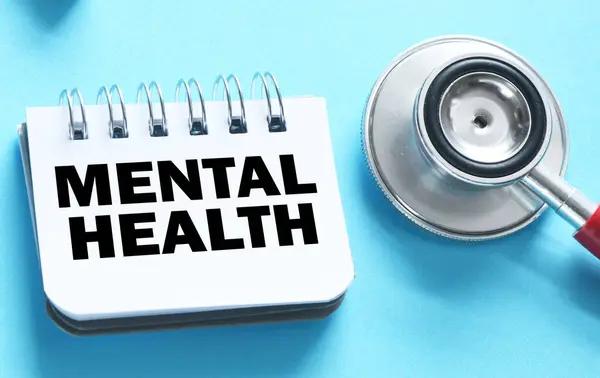Sleep is an essential part of our lives. It not only rejuvenates and recharges us but also plays a crucial role in maintaining good mental health. However, poor sleep or lack of sufficient sleep can have severe consequences on our mental well-being, especially by increasing the risk of anxiety and depression.
Poor sleep affects the brain’s ability to function properly, leading to an increased likelihood of experiencing symptoms associated with anxiety and depression. When we don’t get enough quality sleep, our bodies produce more stress hormones like cortisol and adrenaline. These hormones can cause feelings of worry and fear, which are sebeef.com often associated with anxiety disorders. Lack of adequate startadatabase.com rest also disrupts the balance between these stress hormones and other chemicals in the brain that regulate mood.
Moreover, inadequate rest impairs cognitive functions such stickandballtv.com as attention span, memory recall, decision-making abilities, and emotional regulation. This bufordrent.com impairment can exacerbate feelings of frustration or sadness while rockymountrent.com making it harder for individuals to cope with daily stresses effectively.
Another critical aspect is that during deep sleep stages (REM), our brains process emotions experienced throughout the day – essentially ‘cleaning out’ negative emotions or experiences. But when we experience poor quality sleep or insomnia, this processing doesn’t occur optimally – causing those negative emotions to linger longer than they adatasheets.com should.
In addition to this direct impact on mood regulation and emotional processing capabilities, there’s also a cyclical relationship between poor sleep patterns and mental health disorders like depression and anxiety. Sleep deprivation increases susceptibility towards these conditions; conversely, once someone develops them – their sleeping patterns are likely disrupted further due to heightened stress levels or intrusive thoughts at night time.
Research has shown that people who suffer from insomnia are ten times more likely to develop clinical depression compared with those who sleep well. Similarly, they’re 17 times more likely to experience clinical anxiety—the two often go angelsperfekt.com hand-in-hand since a lack of good-quality slumber leaves your body on high alert contributing significantly towards famewill.com feelings of anxiety.
In conclusion, it’s clear that poor sleep can significantly increase the risk of anxiety and depression. It disrupts our brain’s ability to regulate emotions, increases stress hormones, impairs cognitive function and creates a vicious cycle once mental health disorders develop. Therefore, ensuring we get enough quality sleep is not just about physical health but also vital for maintaining good mental health. If you’re struggling with sleep or experiencing symptoms of anxiety or depression, don’t hesitate to seek professional help. Sleep therapy and other treatments can help break the cycle of poor sleep and improve overall mental wellbeing.




